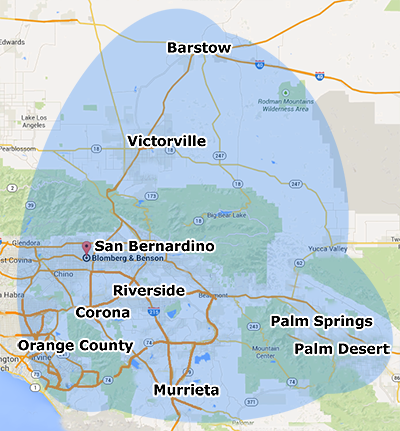Home >> Blog >> Signs Your Parent Is Being Abused In A Nursing Home

Signs Your Parent Is Being Abused In a Nursing Home
Placing your parent in a nursing home so your loved one could receive round-the-clock care was likely not a decision you came to lightly. You researched your parent's nursing home for credibility, cleanliness, and patient satisfaction. You've done everything you can to ensure your parent is in a loving, professional medical environment, yet you still have concerns over their well-being.
Something isn't quite right: You aren't sure if your parent is just feeling ill lately or if your loved one is facing neglect or abuse. Up to two million people are abused in nursing home facilities or by caregivers every year, and these are just the cases that are reported. Here are signs your parent is being abused in a nursing home and what you can do with your findings.
Unclean Appearance
Pay attention to how your parent is dressed when you stop by for a visit. Is your loved one's hair matted or uncombed? Are their clothes dirty or unbuttoned? Do they appear to wear the same outfit every day without washing in between? Is your loved one emanating an odor of urine, feces, or foul breath?
An unclean or unkempt appearance is a sign your loved one is not receiving the daily care they deserve and are not being bathed and having daily hygiene practices performed for them regularly. When you stop by the nursing home to visit your elderly loved one, make sure your visits are not announced beforehand so you see your parent in their natural state, not hurriedly cleaned before you arrive by staff who do not wish to be caught neglecting their patients.
Change in Behavior
Your parent may be withdrawn when you visit, preferring not to speak or be touched while you are there. Your loved one may also be losing interest in their favorite activities or may begin eating less and sleeping more if they are depressed from lack of care or abusive handling by their caregivers.
Watch your parent's reaction to their nurse or doctor when they receive regular checkups or are assisted to the bathroom in your presence. If your parent is being abused, they may resist care when they used to normally welcome company, or they may become agitated, cry, or act out.
Unexplained Injuries
Does your parent have bruises on their wrists or shoulders where they are normally handled by staff? Does your loved one have scratches, bed sores, or other injuries that appear small but are appearing more frequently?
Immediately take photos of any injuries you see on your parent, even if your loved one gives you an explanation for what occurred (for example, they walked into a wall or slipped on the bathroom floor). Ask your loved one's caregivers how their injuries occurred and what is being done to keep your loved one safe. Even a small bruise should be properly documented with when the injury was discovered and how treatment was given.
If your parent's nursing home staff cannot give you a reason for your loved one's injuries and an account of what the facility is doing to treat them, then you should be concerned.
What You Can Do to Help
If you suspect elderly abuse of your parent, immediately ask to speak to a lead doctor or head of staff to address the situation. The nursing home facility should have an explanation for your parent's care and should not resist your wanting to remove your parent from their facility if you suspect any type of abuse or neglect.
Call a lawyer who is skilled in elder abuse to fight for your parent's rights. Bring any photographs or witnessed abuse you have along with concerns you have about your parent's nursing home in general (cleanliness, meal quality, or staff-to-patient ratio, for example). Call our team of legal experts at Blomberg, Benson & Garrett, Inc., today.



